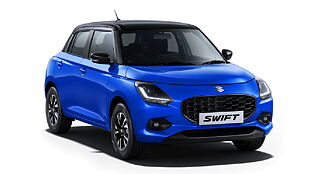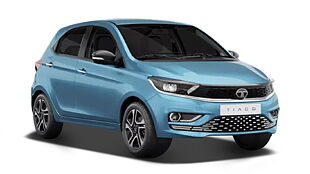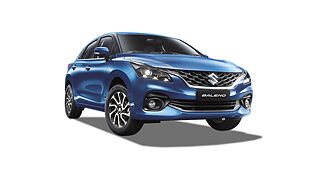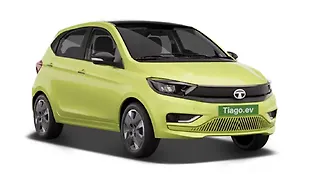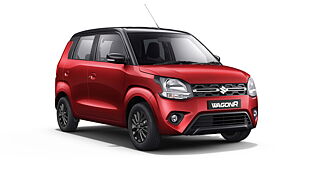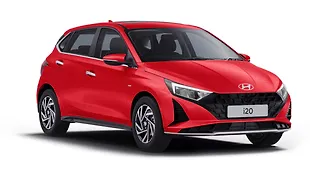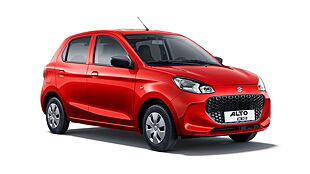
Maruti Suzuki has launched the facelifted Baleno in India at Rs 5.45 lakhs (ex-showroom Delhi). There are seven variants across two engine options as well as six colours including a new shade called pearl phoenix red. Prices for the Baleno trims range between Rs 5.45 lakhs to Rs 8.77 lakhs, which puts it squarely in competition with the Hyundai Elite i20.
Exterior
The external dimensions of both cars are governed by their position on the absolute edge of the sub-4 category of vehicles. Their signature design elements comprise the grille, wheels and shape of the tail lamps. However, we feel that Elite i20 has bit more going on for it thanks to that innate European hatchback feel in its overall appearance.
Suzuki played it safe with the first iteration of the Baleno as this was a segment that it had struggled with for a long time. However, their confidence while updating the exterior design is evident in this facelift of the Baleno and is likely to continue even with the next generation of the hatchback.
Interior
The top-of-the-line petrol and diesel models for both cars get quite a bit of kit as standard. This list includes climate control, touchscreen infotainment system with CarPlay and Android Auto, chrome accents both on the inside and outside and height adjustment for the driver’s seat. In terms of directly looking at both cars, the Elite i20 is also being offered with wireless charging while Baleno’s new infotainment system gets some basic connected car tech like live updates and car information both in real time.
Engine and gearbox
The Maruti Suzuki Baleno facelift is offered with one diesel and one petrol engine. The latter is the 1.2-litre K-Series engine producing 84bhp/140Nm while the diesel is the 1.3-litre Multijet producing 75bhp/190Nm. Both engines gets a five-speed manual as standard while the petrol also gets the option of CVT in the Zeta, Delta and Alpha variants.
The Hyundai Elite i20 can be had with a 1.2-litre petrol or a 1.4-litre diesel. The petrol engine is good for 82bhp/115Nm and is offered with a five-speed manual or a CVT. The diesel produces 89bhp/220Nm and is only offered with a six-speed manual. Both cars get dual front airbags and ABS with EBD but the Hyundai Elite i20 in the top-of-the-line Asta (O) variant gets six airbags as standard fitment.
Conclusion
There is no doubt that this Baleno will pick up exactly where its predecessor left off in terms of numbers. However, the competition to the Baleno will increase with future models in this segment expected from Tata, Volkswagen, Skoda and even Kia by next year. As for the Hyundai Elite i20, it is expected to enter into a new generation next year and this should raise the stakes once again.

![Maruti Suzuki Baleno [2019-2022] Image Maruti Suzuki Baleno [2019-2022] Image](https://imgd.aeplcdn.com/272x153/cw/ec/37710/Maruti-Suzuki-Baleno-Right-Front-Three-Quarter-147420.jpg?wm=0&q=80)
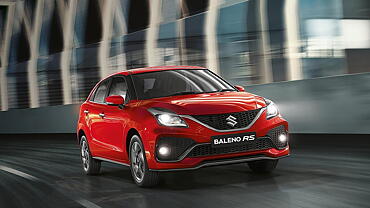



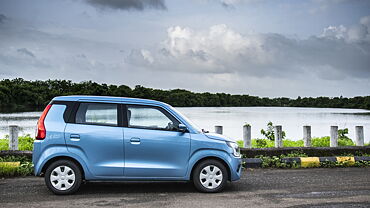
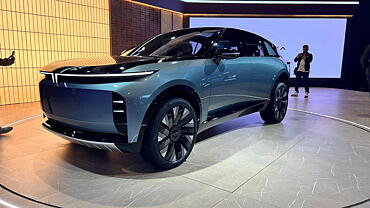


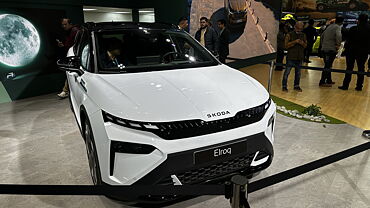

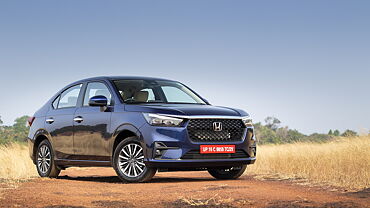
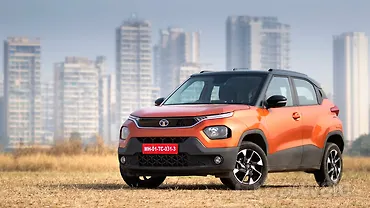
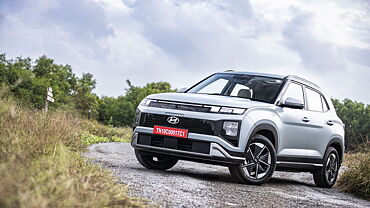

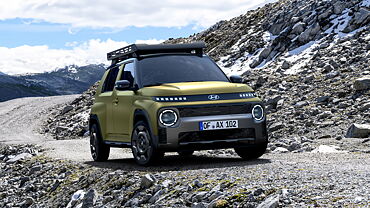
![Maruti Suzuki Baleno [2019-2022] Right Front Three Quarter Maruti Suzuki Baleno [2019-2022] Right Front Three Quarter](https://imgd.aeplcdn.com/199x112/cw/ec/37710/Maruti-Suzuki-Baleno-Right-Front-Three-Quarter-147420.jpg?wm=0&q=80)
![Maruti Suzuki Baleno [2019-2022] Left Side View Maruti Suzuki Baleno [2019-2022] Left Side View](https://imgd.aeplcdn.com/199x112/cw/ec/37710/Maruti-Suzuki-Baleno-Left-Side-View-147411.jpg?wm=0&q=80)
![Maruti Suzuki Baleno [2019-2022] Left Front Three Quarter Maruti Suzuki Baleno [2019-2022] Left Front Three Quarter](https://imgd.aeplcdn.com/199x112/cw/ec/37710/Maruti-Suzuki-Baleno-Left-Front-Three-Quarter-147416.jpg?wm=0&q=80)
![Maruti Suzuki Baleno [2019-2022] Dashboard Maruti Suzuki Baleno [2019-2022] Dashboard](https://imgd.aeplcdn.com/199x112/cw/ec/37710/Maruti-Suzuki-Baleno-Dashboard-147413.jpg?wm=0&q=80)
![Maruti Suzuki Baleno [2019-2022] Dashboard Maruti Suzuki Baleno [2019-2022] Dashboard](https://imgd.aeplcdn.com/468x263/cw/ec/37710/Maruti-Suzuki-Baleno-Dashboard-154122.jpg?wm=0&q=80)


